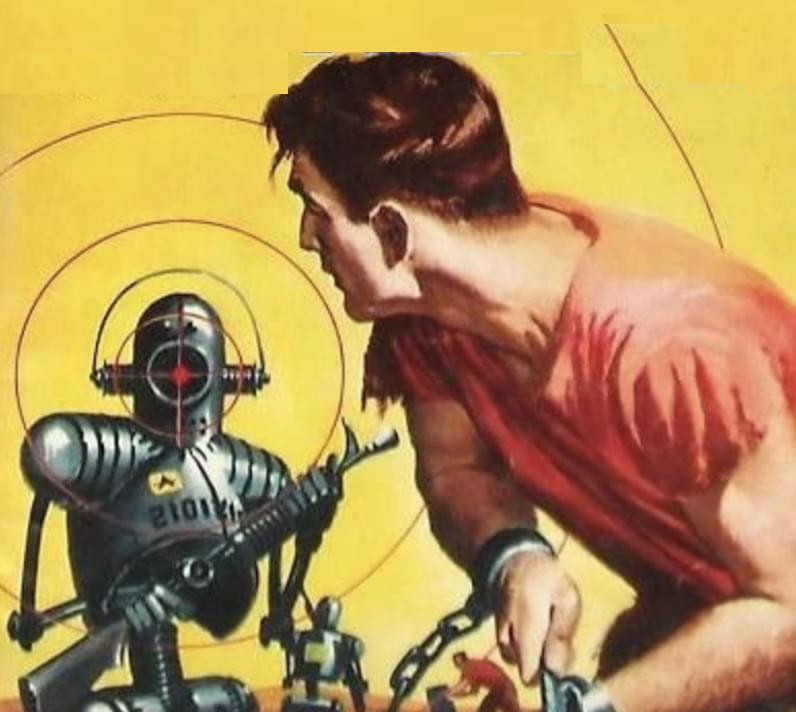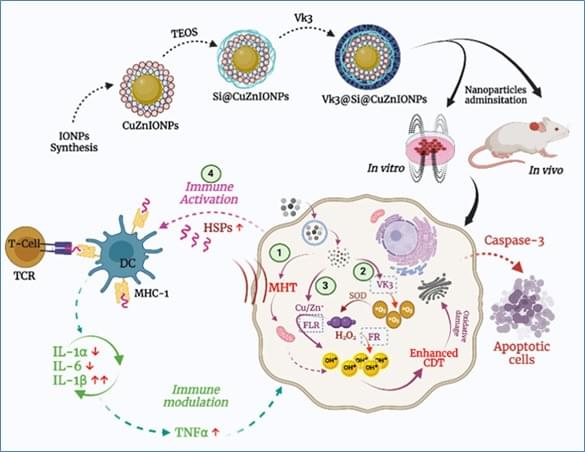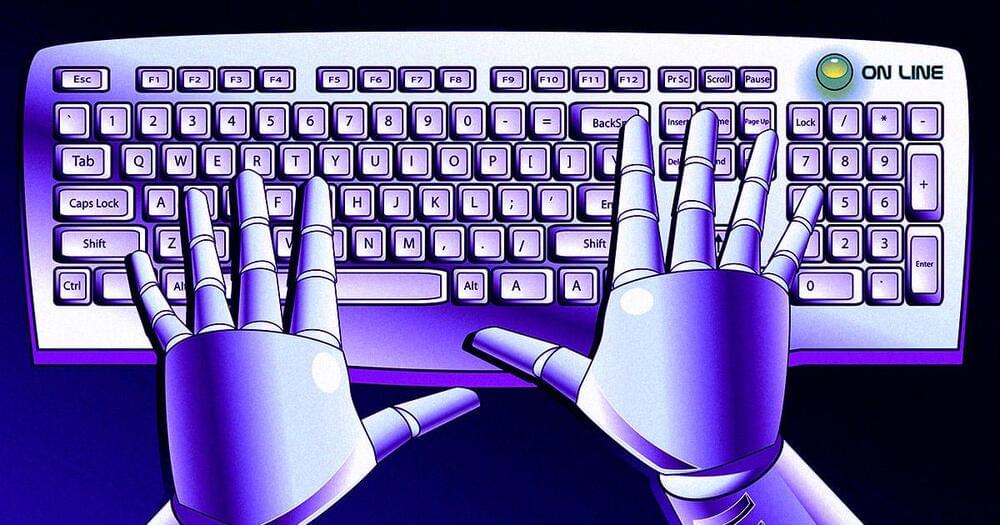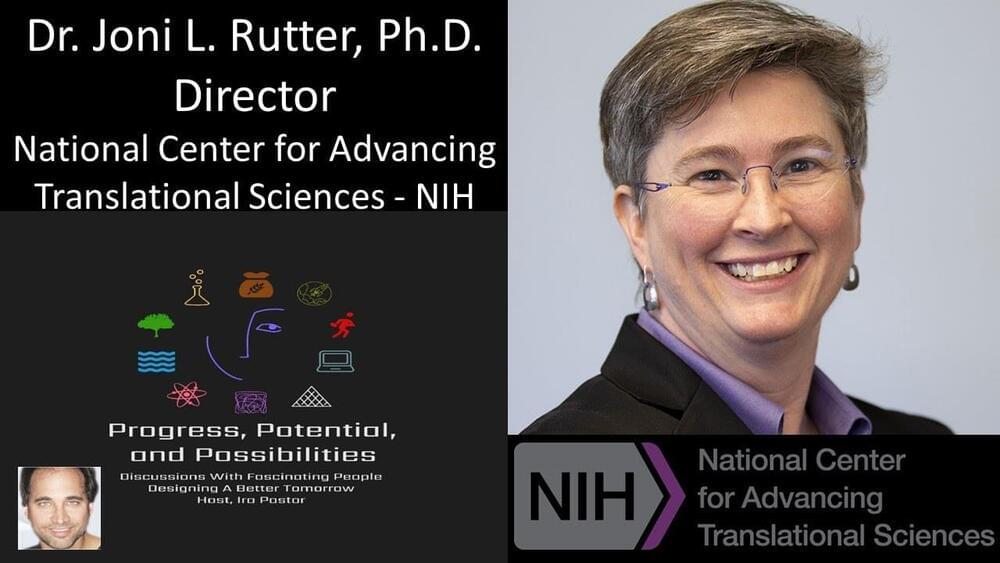Aug 24, 2023
Study shows potential for generative AI to increase access and efficiency in healthcare
Posted by Genevieve Klien in categories: biotech/medical, internet, robotics/AI
A new study led by investigators from Mass General Brigham has found that ChatGPT was about 72 percent accurate in overall clinical decision making, from coming up with possible diagnoses to making final diagnoses and care management decisions. The large-language model (LLM) artificial intelligence chatbot performed equally well in both primary care and emergency settings across all medical specialties. The research team’s results are published in the Journal of Medical Internet Research.
Our paper comprehensively assesses decision support via ChatGPT from the very beginning of working with a patient through the entire care scenario, from differential diagnosis all the way through testing, diagnosis, and management. No real benchmarks exists, but we estimate this performance to be at the level of someone who has just graduated from medical school, such as an intern or resident. This tells us that LLMs in general have the potential to be an augmenting tool for the practice of medicine and support clinical decision making with impressive accuracy.

















